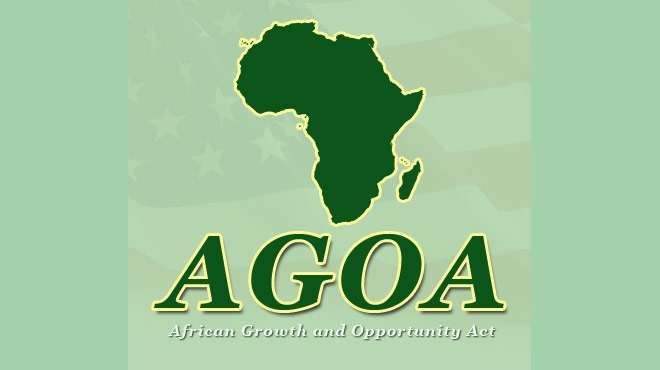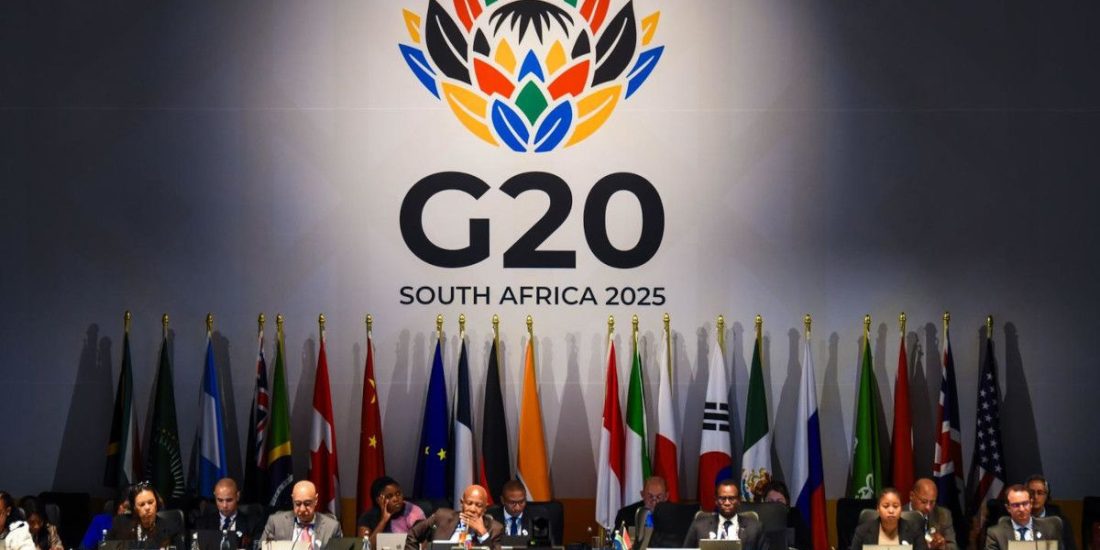
Uncertainties as the African Growth and Opportunity Act (AGOA) Expires in September

By Bob Wekesa
The African Growth and Opportunity Act, better known simply as AGOA, will expire on September 30. This is the United States legislation that has anchored US-Africa relations since enactment in 2000. The fundamental principles behind AGOA have been that it would reduce barriers for the entry of African products into the American market. This would give the US leverage over African countries on matters such as respect for the rule of law and ensuring that African countries do not hurt US national security and foreign policy interests. These are but two of the key tenets of AGOA, a trade-cum-foreign policy that has shaped relations since the Bill Clinton administration.
There are uncertainties aplenty as to trade policy and engagements between the US and Africa from October 1 onwards. Wading through an avalanche of reporting and commentary in US and African platforms shows a great debate on Africa-US trade relations like never before. Three scenarios have emerged as US and African negotiators strategize around the twenty-five years-old trade framework. These are those who entertain positive prospects, those who are less positive and those who appreciate the difficulties but see hope in the renewal of AGOA.
Optimists
Optimists see the trade pact being extended for a duration of at least ten years. The thinking from this viewpoint is that despite some shortfalls, AGOA has been generally good for both the US and Africa and that there is sufficient bipartisan support from Congress to re-authorize it. This is bolstered by the fact that key US stakeholders, particularly the businesses that benefit from the import-export aspects of AGOA will lobby Congress and the White House for the AGOA renewal. These interests are represented by entities such as the US Chamber of Commerce and the Corporate Council of Africa, organizations that will be critical in the negotiation process. This hope plays out from the African end as well. African diplomats in home countries and in Washington DC are looking to negotiate with the goal of the re-authorization of the pact, even though there have been several concerns about AGOA in the past. This is a view shared by African businesses involved in AGOA-facilitated trade deals across agriculture, manufacturing, and natural resources exports. Hopeful views advance the perspective that there many examples of how AGOA has benefitted the American economy. Examples include the export of critical minerals, significant for the American digital economy.
Pessimists
Pessimists aver that the trade framework will lapse with no renewal in sight. The key argument is that AGOA has outlived its usefulness, having been established in a different era, two and half decades ago. Instead, the current US proclivity toward unilateral tariff-heavy decisions will be ratcheted. The justification for this position is that the America First policy is fully underway. The gist of the America First policy is that many of the global trade practices between the US and global partners, Africa included, are misaligned with American interests. Evidence is in the ten percent tariffs imposed on fifteen African countries, fifteen percent on twelve, and twenty and thirty percent on The Gambia and South Africa, respectively. This perspective points to the lack of appetite for a continental approach to the negotiations. Instead, the White House, the US Trade Representative which administers AGOA, and the State Department, are said to be more interested in bilateral negotiations. Such country-to-country bargains give the US side an upper hand compared to continent-wide agreements through AGOA. Against the argument that the core principles of AGOA revolve around the improvement of US-Africa commercial relations, the pushback is that these relations should benefit America first, and other countries and regions only secondarily.
Providing a platform for strategic competition with other global powers is one of the important levers of the trade legislation. Increasingly, it is being used to try to align African countries with US foreign policy objectives. South Africa has for instance come under intense scrutiny and even attack from the US for supposedly hurting US interests. Cases in point include South Africa’s close ties with Russia and China under the BRICS formation. This is seen as an affront to US global power. Indeed, South Africa has not only been slapped with thirty percent trade tariff but is increasingly seen as a country that should not be included in the AGOA arrangement. Like South Africa, Kenya has in the recent past come into crosshairs of the US for turning back on close ties with Washington and embracing Beijing.
Pragmatists
Pragmatists hold the cautious view that AGOA will be modestly modified and emerge in a slightly different form. In this category are those who see the trade deal being extended for a short duration of one to two years to allow for more elaborate negotiations. The view is that trade landscape in Washington has shifted substantially since President Donald Trump’s assumption of office in January. At the same time, however, there is a window of opportunity to lobby for the continuation of AGOA as a more comprehensive trade legislation is negotiated after September 30. Those hopeful for an interim extension believe Congress, which is in charge of the legislative approach to AGOA, may temper the push for the end of AGOA. It is pointed out that the trade legislation has been renewed several times in some small measures, but twice, in 2004 and 2015, in a comprehensive and substantive forms. Another view is that Africa-US trade represents just about one percent of US trade with the rest of the world. The lobbying point here is that US should not worry too much about trade with the continent and focus more on resetting trade relations with its key competitors such as the BRICS countries and increasingly, European countries.




